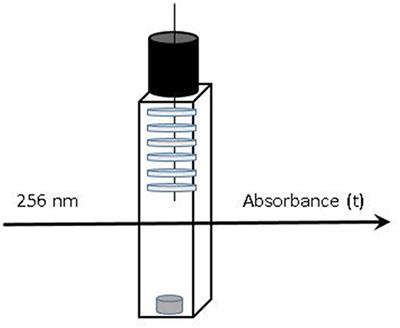ORIGINAL RESEARCH
Published on 04 Jun 2019
Active Food Packaging Based on Biopolymers and Aroma Compounds: How to Design and Control the Release

doi 10.3389/fchem.2019.00398
- 10,063 views
- 58 citations
8,081
Total downloads
47k
Total views and downloads
ORIGINAL RESEARCH
Published on 04 Jun 2019

ORIGINAL RESEARCH
Published on 15 May 2019

ORIGINAL RESEARCH
Published on 26 Mar 2019

ORIGINAL RESEARCH
Published on 22 Mar 2019
